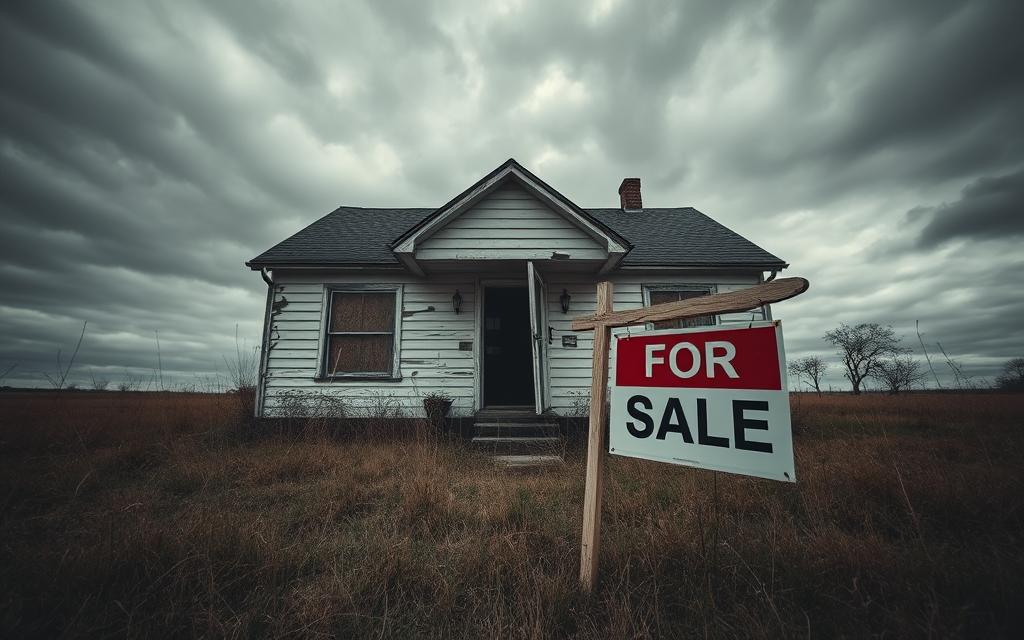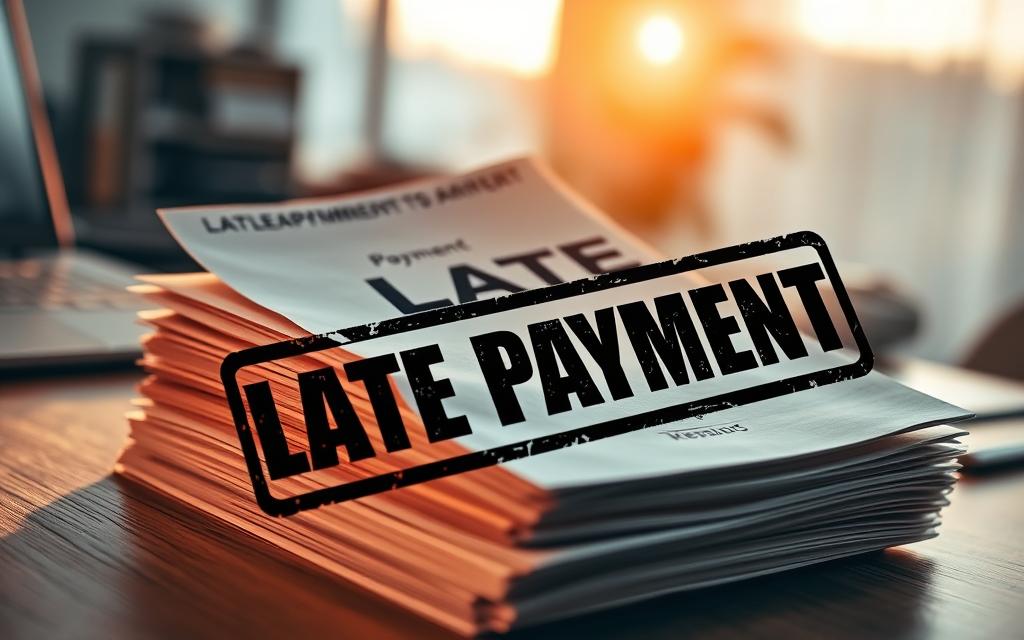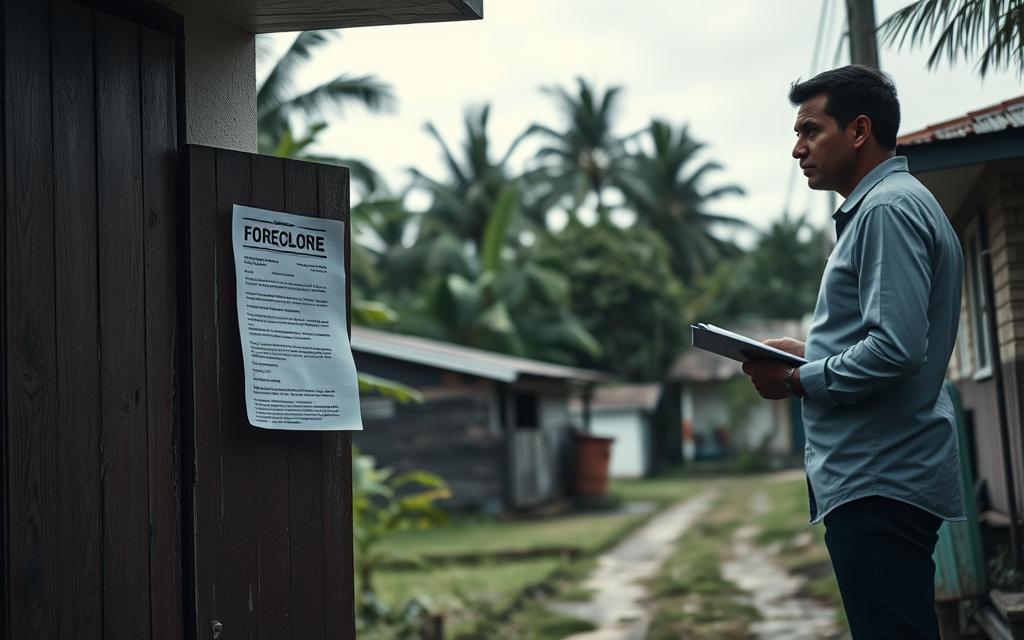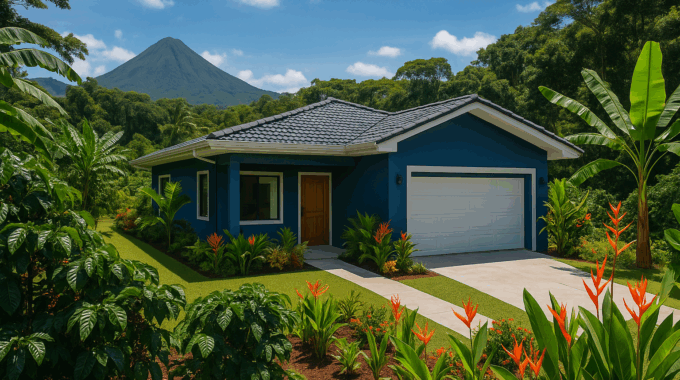Explore how a home equity loan can work for you in Costa Rica with our Home Equity Loan Advantages Explained, tailored for efficient borrowing strategies.

What happens if a borrower pays late on a private loan in Costa Rica
In Costa Rica, private loans have become a vital financial tool for property owners, offering easier qualification as your home serves as collateral. However, late payments can lead to severe consequences.
Both mortgages and liens are rights over somebody else’s ownership of real property, with mortgages being placed over immovable assets like houses and land.
For foreigners, understanding the private lending landscape is crucial due to the significant limitations faced with traditional banking institutions. We connect borrowers with private investors and lenders, providing competitive rates and flexible financing options.
We’ll explore the consequences of late payments, including initial late fees and the foreclosure process, to help you navigate private lending responsibly.
Understanding Private Loans in Costa Rica
The private loan sector in Costa Rica is increasingly catering to the needs of borrowers who face challenges in traditional banking channels. We aim to simplify the process, helping hardworking individuals secure the financing needed to achieve their investment property goals without unnecessary hurdles.
The Private Lending Landscape
Private lending in Costa Rica has grown significantly as an alternative to traditional banking. loans based primarily on the property’s value, rather than the borrower’s residency status or local credit history. This approach opens up credit options for foreigners and residents alike.
The process is generally faster and more flexible than traditional banking, with fewer upfront fees. As a result, private loans have become a preferred option for those seeking to improve their properties, expand businesses, or access equity.
Why Foreigners Turn to Private Lenders
Foreigners in Costa Rica often encounter significant barriers when attempting to secure financing through traditional banks. Banks typically require permanent residency, local credit history, and often local income sources, requirements that most foreign property owners cannot meet.
Private lenders fill this gap by offering loans that are secured by the property, thus minimizing the risk for lenders. For foreigners, private loans represent a viable financing option in Costa Rica’s restrictive banking environment, enabling them to achieve their investment goals.
Traditional Banking Limitations for Foreigners
For foreigners, obtaining a loan from a Costa Rican bank can be a challenging and complex process. The traditional banking system in Costa Rica has become increasingly restrictive, making it difficult for foreign property owners to secure financing.
Historical Context
The historical context of bank lending in Costa Rica has led to the current stringent lending practices. Banks have become cautious due to a significant number of bad loans on their books, resulting in a more conservative approach to lending. This shift has particularly affected foreigners who seek to obtain loans for property in Costa Rica.
Current Restrictions
Currently, banks in Costa Rica impose several restrictions on foreign borrowers. They typically do not lend on properties located in tourist areas or outside the Central Valley, nor do they lend to non-residents. Even residents with a good income face a lengthy process that can take 3-5 months with no guarantee of approval. These restrictions have created a significant financing gap, particularly for property owners in coastal regions.
These limitations highlight the need for alternative lending solutions for foreigners in Costa Rica.
GAP Equity Loans: A Solution for Property Owners
GAP Equity Loans provide an accessible financing option for property owners in Costa Rica. We understand that traditional financing routes may not always be available, especially for foreigners. That’s where our GAP Equity Loans come into play, offering a viable alternative.
How Home Equity Loans Work in Costa Rica
In Costa Rica, home equity loans are secured against the value of your property. Private lenders evaluate the property, check for any legal issues in the registry, and place a first-degree loan or mortgage on the property as collateral. Interest rates start at 12%, with the first year typically being interest-only payments.
Loan Terms and Qualification Requirements
Loan terms range from 6 months to 3 years, with interest rates adjusting based on the loan-to-value ratio, property location, and intended use of funds. Qualification focuses on the property’s value rather than the borrower’s financial profile, making it accessible to foreigners. The loan-to-value ratio is critical in determining approval and interest rates.
What Happens If a Borrower Pays Late on a Private Loan in Costa Rica
Borrowers in Costa Rica who miss payments on their private loans may encounter significant financial and legal challenges. When a borrower fails to make payments on time, the lender can initiate a series of actions that can ultimately lead to foreclosure.
Initial Late Payment Consequences
Initially, late payments may result in additional fees and penalties. The lender may send notifications to the borrower, warning them of the potential consequences of continued non-payment.
The Collection Process Timeline
After approximately 90-120 days of non-payment, most private loans in Costa Rica enter formal default status. At this stage, the lender has the legal right to exercise their security interest in the collateral 
The borrower will receive formal legal notices of default, typically delivered by a notary public. These notices outline the specific violations of the loan agreement and the lender’s intended remedies.
Legal Implications of Continued Non-Payment
If the borrower continues to fail to make payments, the lender can proceed with foreclosure. Costa Rican law provides certain protections for borrowers, including required notification periods and opportunities to resolve the default. However, these protections are more limited for private loans than for bank mortgages.
At this stage, the borrower’s rights to cure the default become more limited and typically involve payment of all outstanding amounts plus legal fees.
Late Payment Fees and Penalties
Understanding the late payment fees and penalties associated with private loans in Costa Rica is crucial for borrowers to avoid additional costs. When borrowers fail to make timely payments, they can trigger a series of financial consequences that may significantly increase their debt.
Standard Fee Structures
Private lenders in Costa Rica typically charge interest rates starting at 12% and up, based on the Loan-to-Value (LTV) ratio, among other factors. For borrowers, there is usually a fee for services, typically 5% payable at closing, which is often rolled into the loan. Additionally, legal fees are involved, ranging between 1.3 to 1.5%. Total charges for the borrower can be around 6.5% to secure a loan.

How Interest Compounds on Overdue Payments
When payments are overdue, the interest typically compounds according to the terms specified in the loan agreement, often at a higher penalty rate than the standard interest rate. Most private loan agreements include default interest rates that are 2-4 percentage points higher than the original rate. For instance, a 12% loan could jump to 14-16% on overdue balances. As explained on our website, understanding the implications of late payments is essential for managing your loan effectively.
The Default Process for Private Loans
When borrowers fail to meet their loan obligations, the default process for private loans in Costa Rica is triggered. This process has significant implications for both lenders and borrowers, involving legal and financial consequences.
Loan Default Status
A loan is considered in default when the borrower fails to make payments as agreed upon in the loan contract. In Costa Rica, lenders typically mark a loan as “default” after a specified period of non-payment, which can vary depending on the loan terms. At this stage, the loan remains in the “Default” status in the investment overview until further actions are taken by the lender.

Options Available to Lenders
Once a loan enters default, lenders have several options to pursue. The most common action is initiating foreclosure proceedings on the collateral property. However, lenders often first attempt to negotiate a loan modification or repayment plan to allow the borrower to cure the default.
If negotiations fail, lenders may engage legal counsel to enforce their security interest through the Costa Rican judicial system. Alternatively, lenders might sell the defaulted loan to a third-party debt collector or investor.
Foreclosure Process on Secured Private Loans
In Costa Rica, the foreclosure process for secured private loans is governed by specific laws and procedures. Foreclosure is a legal process that lenders use to recover the balance of a loan from a borrower who has stopped making payments.
Legal Framework for Foreclosures in Costa Rica
The legal framework for foreclosures in Costa Rica is based on the country’s civil code and relevant statutes. Both mortgages and liens are rights over somebody else’s ownership of real property, with mortgages typically placed over immovable assets like houses and land. The foreclosure process begins with the lender filing a formal foreclosure lawsuit (proceso hipotecario) in the appropriate civil court.
Timeline and Procedures
The foreclosure process involves several steps, including the court’s review of documentation, notification to the borrower, and an appraisal of the property to determine its market value. The court then schedules a public auction, which must be advertised in the official gazette (La Gaceta) for 15-30 days before the auction. If the property fails to sell at the initial auction, subsequent auctions are held with lower minimum bid requirements, potentially allowing the lender to acquire the property.
Understanding the foreclosure process is crucial for borrowers and lenders to navigate the complexities of secured private loans in Costa Rica.
Strategies to Avoid Late Payments
Late payments can be avoided with proper planning and communication with the lender. At our core, we aim to simplify the loan process for hardworking individuals seeking to achieve their investment property goals without unnecessary hurdles.
Payment Planning for Foreign Borrowers
Foreign borrowers in Costa Rica can benefit from creating a tailored payment plan. This involves understanding the loan terms, including the loan amount, interest rate, and repayment schedule. By doing so, borrowers can anticipate and prepare for payments, thus avoiding late payment fees.
Effective payment planning also involves setting aside funds for payments and utilizing tools like automatic bank transfers to ensure timely payments.
Communication with Your Lender
Establishing and maintaining open communication with your lender is crucial. Proactively contacting your lender before a payment is missed demonstrates good faith and can lead to more flexible solutions. When communicating, be prepared with specific information about your situation, including when you expect to resolve the problem and how you plan to catch up.
Many lenders in Costa Rica are willing to work with borrowers who communicate honestly and promptly, as they prefer receiving consistent payments over pursuing costly foreclosure proceedings.
Options When Facing Payment Difficulties
For individuals having trouble paying back private loans in Costa Rica, there are several strategies that can be employed. Borrowers facing financial strain can explore various options to manage their debt effectively.
Loan Restructuring Possibilities
Loan restructuring is a viable option for borrowers struggling to meet their payment obligations. By renegotiating the loan terms, borrowers can potentially reduce their monthly payments, extend the loan period, or adjust the interest rates. This can help borrowers regain control of their finances and avoid defaulting on their loans.
- Restructuring can involve reducing the interest rate or waiving certain fees.
- Borrowers may be allowed to make partial payments during temporary difficulties.
- Lenders may accept alternative payment plans that better suit the borrower’s financial situation.
Working with Your Lender on Solutions
Effective communication with the lender is crucial when facing payment difficulties. Borrowers should proactively reach out to their lender to discuss possible solutions. Lenders often prefer to work with borrowers to find mutually beneficial solutions, as this can be more cost-effective than pursuing foreclosure.
By presenting a realistic assessment of their financial situation and proposing viable alternatives, borrowers can work with their lender to find ways to manage their debt. This collaborative approach can lead to solutions that benefit both parties, such as temporarily reducing interest rates or adjusting the loan terms.
Conclusion: Responsible Borrowing with Private Loans in Costa Rica
Ultimately, private loans in Costa Rica can be a valuable financial tool when used responsibly and with a clear understanding of the associated risks and benefits. We simplify the process, helping hardworking individuals secure financing needed to achieve their investment property goals. To do this, maintaining open communication with your lender and establishing reliable payment systems are essential.
By understanding your rights and obligations as a borrower, you can leverage private loans effectively. GAP Equity Loans is committed to helping borrowers navigate Costa Rica’s private lending landscape with transparent terms and competitive interest rates.
Article by Glenn Tellier (Founder of CRIE and Grupo Gap)



